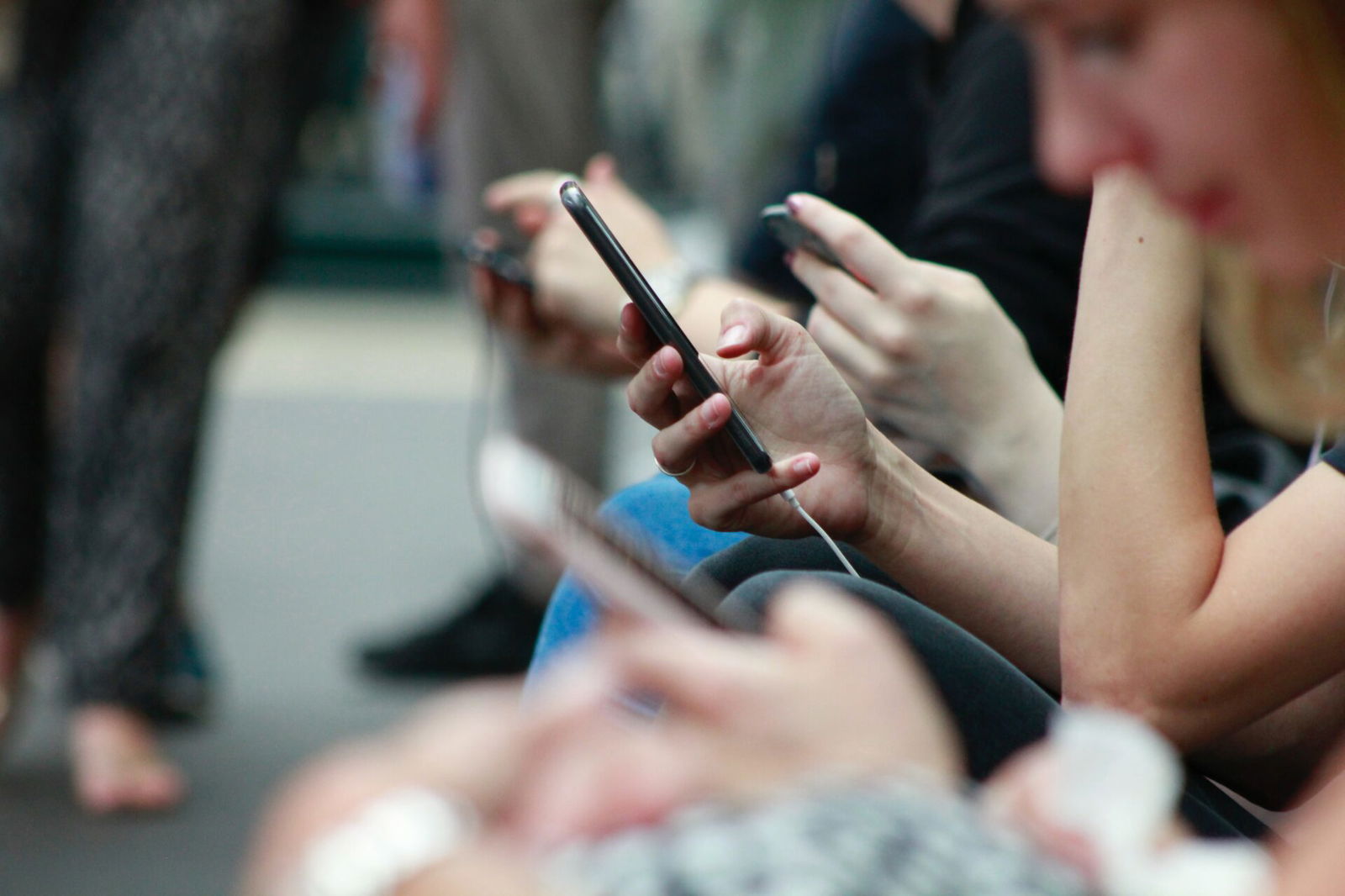
Americans Will Spend 18 Years of Adulthood on Screens, Report Says
By Movieguide® Contributor
With an estimated lifespan of 80 years, adults across the globe will spend an average of 17 years of their lives online.
“DataReportal in January released its annual Global Overview Report, revealing internet users ages 16 to 64 spend an average six hours, 40 minutes daily surfing the web on any device. That’s about 47 hours a week and 101 days a year,” Fortune Well reported. “By this estimation, beginning at age 18, a person who lives to be 80 will have spent more than 17 years of their adult life using the internet.”
Those 17 years don’t account for childhood time spent on screens. For Americans specifically, screen time is higher. U.S. residents spend over 18 years of their adult lives online.
The DataReportal statement also notes, “Latest figures suggest that humanity will spend a combined total of 500 million years using social media in 2024.”
To curb time spent online, Tulane University researcher Alex Turvy suggests a way to limit screen use without throwing out the phone. For example, he says to exercise with an audiobook or podcast instead of a TV or app workout.
“Recognize that the dichotomy between screen time and non–screen time is becoming increasingly blurred,” Turvy said. “Integrating meaningful screen-free activities into daily routines rather than strictly separating the two can be helpful.”
He also suggests users take a “notification vacation.” He believes that most people don’t have the choice to completely shut out screens. So, a solution is to mute all notifications that aren’t essential.
“Focus on using technology to support your values rather than detract from them,” Turvy said. “This approach encourages intentional use of screens, ensuring that digital engagement enhances rather than eclipses real-life experiences.”
Movieguide® CEO Robby Baehr shared ways to cut down on phone screen time:
… iPhone users [have a] “down time” setting, which allows you to set limits on what applications are available at a scheduled time.
“I want you to know that my wife and I use this, it’s not just a thing you can use for kids it’s something you can also use for yourself to make sure that you are living a life that is in the moment, with your kids, spending time focusing on God, focusing on family, focusing on all the things you need to and not being consumed by technology.”
Baehr also highlighted a function that lets the user limit the time spent on any given app each day… [He] noted that parents could set content and privacy restrictions to ensure their child stays safe on an iPhone.
Becoming Minimalist shared some “proven” ways to curb screen time.
“Choose one day each week…and set your phone aside. That’s it, make a habit of it,” the website says.
One option is to do a 30-day reset period, where for 30 days, users only use their phone for calls and texts.
Becoming Minimalist also highlights the apps “Space,” “Forest,” “Moment,” “Flipd” and “Screentime,” which help users create goals and limit time spent on unproductive activities.
Another tip: “When you finish your day of work, put your phone in a drawer or cabinet,” Becoming Minimalist said. “This is a helpful practice for all people, but I think it is especially important if you have kids or a spouse at home in need of our undivided attention.”
Questions or comments? Please write to us here.


 - Content:
- Content: 

